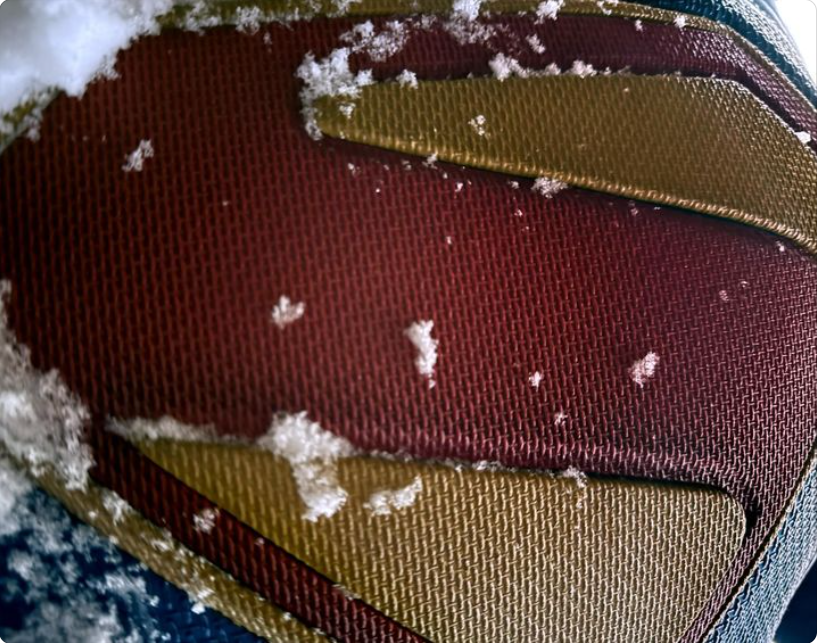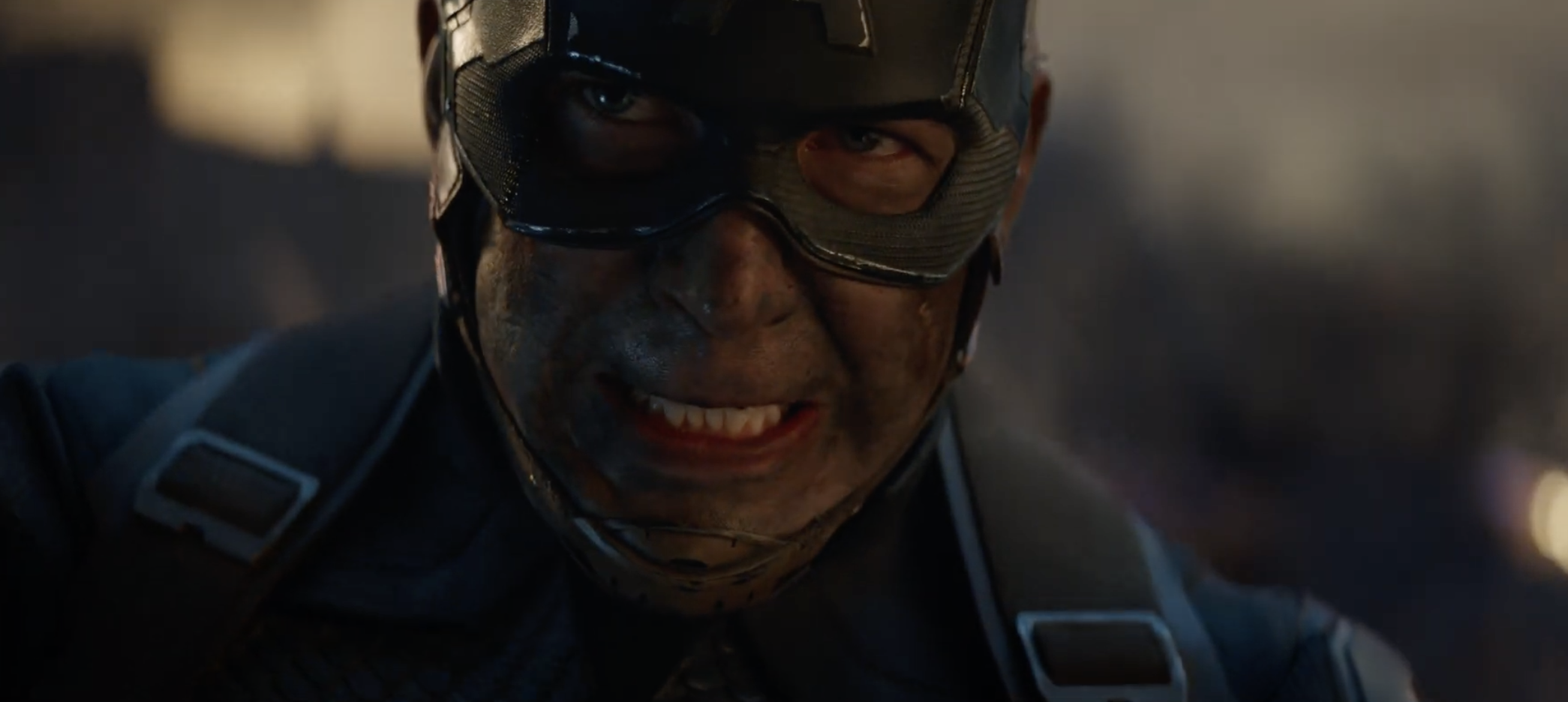One of the smartest things about DC’s Wonder Woman movie was it’s WWI setting — an era often overlooked in film. More importantly, however, the time period also allowed Wonder Woman to develop her voice without all of the noise and confusion of Batman, Superman, and the Justice League. Marvel recently announced that their upcoming Captain Marvel film, starring Brie Larson and Samuel L. Jackson, will also be set in the past, specifically the 1990s. Let’s be honest, the ’90s were not a particularly memorable decade; the music wasn’t as good as the ’70s or ’80s, movies and videogames were repetitive and derivative, and the Internet was just getting rolling. So why choose this particular timeframe to debut a new Marvel hero, especially the first female-led MCU film?
MTV News caught up with the President of Marvel Studios, Kevin Feige, and posed these questions to him. Here’s what he had to say:
“There’s an unexplored period of the Marvel Cinematic Universe that we wanted to showcase… [to reveal] almost anything else is a spoiler, other than to say, the 90s would be a fun period to make a superhero movie in.”
That’s an interesting point, Captain America: The First Avenger was obviously set in WWII; Ant-Man’s backstory is the 1960s; Iron Man 2 and Captain America: Civil War referenced the Cold War via flashbacks and old video footage sequences; while the rest of the MCU is largely set in modern-day, but none of this really explains why the 90s are “fun” for Captain Marvel or how this setting involves the Skrulls as a central adversary. Feige continues:
“I graduated high school in 1991, and the thought that I’m now making a period piece that takes place in that time is unbelievable. How old am I now? But it’s going to be a lot of fun.”
MTV and Feige then went a bit off-topic and discussed stakes and character deaths in the MCU. Captain Marvel is certainly a key figure in the upcoming Avengers: Infinity War, which will see the debut of this character on-screen. Aside from the deaths of several villains, Phil Coulson, Frigga, and Quicksilver, most of the central MCU heroes have survived thus far. Will that change as MCU’s Phase Three draws to a close? Feige dodges the question like a pro:
“Death has been a presence in the Marvel Cinematic Universe up to now. Thanos, on the other hand, death follows him like a shadow… I think [Avengers: Infinity War] will be emotional for a lot of different reasons. As all of our films try to do, we want to have the laughs, we want to have the heart, we want to have the humor, and Infinity War has all of that.” Sigh. C’mon Kevin, you can do better than that. Clearly unsatisfied with Feige’s “
Sigh. C’mon Kevin, you can do better than that. Clearly unsatisfied with Feige’s non-answer, MTV News tracked down director Joe Russo and posed the same question to him. Fortunately, Russo was more forthcoming… well, kind of:
“I think fans should be prepared for some very intense surprises in these movies. My brother [Anthony] and I believe in stakes; I believe that everything has to come to an end at some point, in order for it to have value… I think the audience should be prepared.”
Well, that was ominous. Look, we have no idea what MCU Phase 4 entails, but one could presume that new MCU characters like Spider-Man, Doctor Strange, Black Panther and Captain Marvel, will not only survive, but will also become more central and driving in the overall ongoing MCU narrative, whatever it is. How do you feel about Captain Marvel taking place in the 90s? Let us know in the comments down below!

 FOR FANBOYS, BY FANBOYS
Have you checked out LRM Online’s official podcasts and videos on The Genreverse Podcast Network? Available on YouTube and all your favorite podcast apps, This multimedia empire includes The Daily CoG, Breaking Geek Radio: The Podcast, GeekScholars Movie News, Anime-Versal Review Podcast, and our Star Wars dedicated podcast The Cantina. Check it out by listening on all your favorite podcast apps, or watching on YouTube!
Subscribe on: Apple Podcasts | Spotify | SoundCloud | Stitcher | Google Play
FOR FANBOYS, BY FANBOYS
Have you checked out LRM Online’s official podcasts and videos on The Genreverse Podcast Network? Available on YouTube and all your favorite podcast apps, This multimedia empire includes The Daily CoG, Breaking Geek Radio: The Podcast, GeekScholars Movie News, Anime-Versal Review Podcast, and our Star Wars dedicated podcast The Cantina. Check it out by listening on all your favorite podcast apps, or watching on YouTube!
Subscribe on: Apple Podcasts | Spotify | SoundCloud | Stitcher | Google Play




